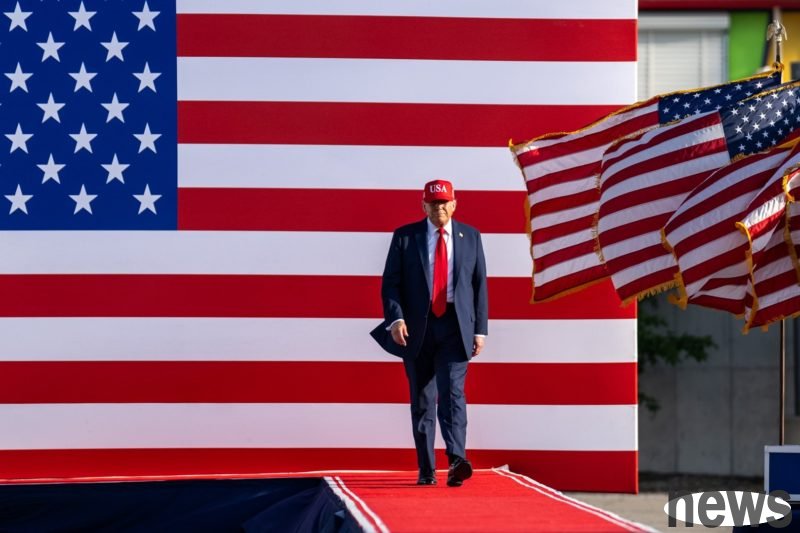
The Big and U.S. Act, which has just been passed, has extended Trump's previous tax reduction reform and increased corporate preferential measures. But can Taiwanese companies truly benefit from going to the United States? Will the bill end greening to supplement it, which may shake the global greening layout?
On July 4, the US President Trump signed the One Big Beautiful Bill passed by the National Assembly in White House as a birthday gift to the United States. "This bill will make the United States fly like a rocket!" he said.
This bill, which is nearly 900 pages long, covers tax reduction measures for individuals and enterprises, ends renewable energy discounts, reduces medical and social welfare expenditures, and raises the federal government's debt limit. The court has been discussing for more than seven hours, and finally passed by a slight gap of 218 votes and 214 votes against it.
The two parties amended the version that was approved. In addition to changing the validity period of the tax reduction policy launched by Trump in 2017 and originally scheduled to set sunset at the end of the year to permanently, the bill also adds codes to expand corporate investment benefits and strengthens petrochemical industry support. This bill will add to the US deficit bill, and foreign media comments are a thorough implementation of Trump's will.
Mike Johnson, president of the U.S. National Congress, also said that the Big and U.S. Act will copy the success of Trump's first term, making the United States the largest economy, "but this second must be implemented more thoroughly."
Go to the United States to enjoy corporate rental tax benefitsAlthough the Big and U.S. Act mostly affects the internal affairs of the United States, the preferential clause on corporate rental tax that helped Trump to "manufacturing return to the United States" checks will indeed bring some good news to Taiwanese companies that are interested in going to U.S. factories, and it is expected to bring more profits.
Under the bill, the expenditure of equipment or assets purchased by a company after January 19 can be fully deducted; the R&D expenditures invested in the United States from 2022 can also be deducted in full annual amounts.
Su Youren, the American business owner, explained that the bill applies to American "domestic" companies, so the benefit is a Taiwanese company that has established R&D centers. However, if the devil is hidden in the details, it is still necessary to observe whether Taiwanese businessmen can truly benefit. Su Youren analyzed that although Taiwanese companies will develop in the United States, their smart property rights may register in Taiwan. Whether this conforms to the definition of "US local research and development" still needs to be cleared by the US government.
Another key point of investment promotion is to increase the investment tax credit for advanced manufacturing industries such as semiconductors from 25% to 35%. This clause only applies to investment cases before the end of 2026, which is obviously because Trump expects companies to "accelerate" investment in the United States, but for Taiwanese companies, they must compete with time.
Su Youren reminded that compared with other countries, the overall cost of factories going to the United States is still relatively high. Whether the short-term rental tax discount is equivalent to long-term competitive advantages, enterprises should still conduct assessment regulations before going to the United States. Taiwanese companies that are considering going to the United States may also be still watching: Will Trump offer the next-level investment promotion discount in order to boost US manufacturing industry?
"Big and American" focuses on the United States. Su Youren believes that the "Taiwan-US Rental Tax Agreement" passed by the US National Academy of Public Security earlier this year and then handed over to the participating institutes for review, mainly avoiding double taxes between Taiwan and the United States, and is a question that Taiwanese businessmen should pay more attention to. If it can be passed smoothly, it will help reduce the operating costs of Taiwanese companies. This is the great gift that the United States can truly give to Taiwan.